In today’s hyperconnected world, many of us routinely post updates, photos, location check-ins, or comments about how we’re feeling. But if you’re pursuing a personal injury claim, your digital footprint can become a legal liability. Opposing counsel, insurance adjusters, and courts increasingly treat social media content as discoverable evidence. What seems like an innocuous post can become fodder to undermine your credibility, reduce your recovery, or even get your case dismissed.
Below, we explore the risks, real-world examples, legal groundwork, and best practices to protect your claim.
Social media content (posts, photos, videos, check-ins, comments) is routinely used in personal injury cases as digital evidence. Courts often admit this evidence under the same rules as other evidence, provided it’s authenticated, relevant, and properly preserved.
Even private or “friends only” content can be compelled during discovery if deemed relevant by the court.

One of the most common uses of social media by defense teams is to find contradictions:
These contradictions are leveraged to argue that the plaintiff is exaggerating, malingering, or otherwise misrepresenting their condition.
Because social media is so integral, legal teams often fight over access. Discovery requests (or subpoenas) may demand your full social media history, including message attachments, metadata, or deleted content.
Attempting to delete or alter posts once litigation is foreseeable can backfire severely. Courts may draw adverse inferences (i.e., assume the deleted content was unfavorable) or impose sanctions for spoliation.
It’s not just your own posts that matter:
Thus, you can be “caught” by someone else’s online commentary—even if you never intended it to be part of your case.
Even before trial, insurance adjusters and defense lawyers comb social media to weaken your claim. A social media post they regard as contradictory can become leverage to reduce settlement offers or force you to accept less.
In one cautionary example, a claimant’s hiking photos were used to challenge claimed injuries, reducing their compensation.

In Romano, the plaintiff claimed she suffered permanent injuries (neck/back) that limited her daily life and enjoyment of activities.
The defendant asked for access to her private Facebook and MySpace pages, including deleted content, arguing that her social media posts contradicted her claim of being homebound.
The court granted the motion, finding that social media content was relevant to questions of credibility and the extent of injury, and ordered her to provide authorizations for social media records.
Notably, the decision recognized that a user’s “reasonable expectation of privacy” over their social media is limited when the content is material and relevant to the litigation.
This is a landmark New York case that set standards for how private social media posts may be discoverable. FORMAN v. HENKIN
Facts & Legal Holding:
Thus Forman clarified that “private” does not automatically mean “undiscoverable,” especially when the plaintiff puts lifestyle, cognitive capacity, or functional limitations at issue.

To understand why social media content is fair game, here are a few legal principles:
Because of these principles, courts and attorneys treat your online presence as part of your “case file.”
To protect your claim, here are prudent guidelines:
If you absolutely must use social media (e.g. to post emergencies, life events unrelated to your case):
Social media may feel harmless, but in a personal injury case it can be one of the biggest threats to your credibility and recovery. Even a single photo or comment can be taken out of context and used against you. The safest move is to stay offline and let your attorney guide you on what’s appropriate.
If you’ve been injured in South Carolina, contact Mastantuno Law Firm today for a free consultation.
📞 (843) 720-3749
🌐 mastantuno.com
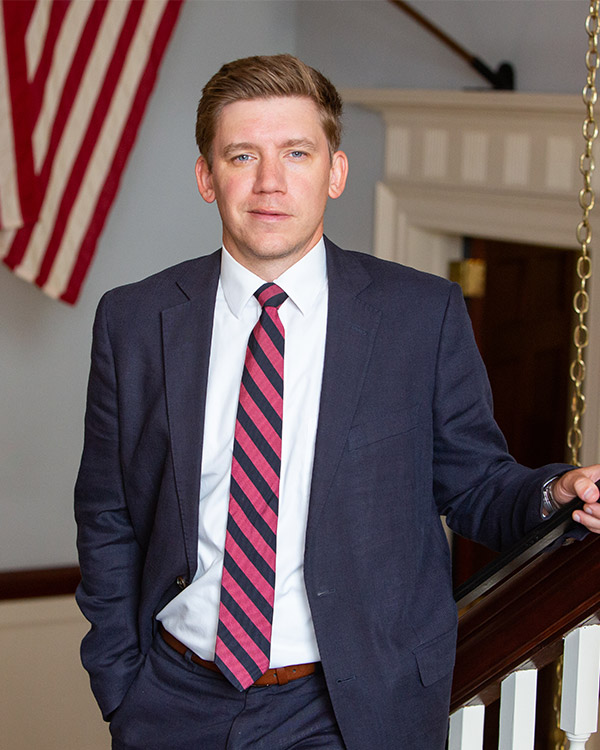
Charleston has seen a spike in boating incidents this summer, including arrests for Boating Under the Influence (BUI), fatal accidents under bridges, and serious injuries tied to alcohol or operator negligence. This post explains what BUI means in South Carolina, recent cases in the Charleston area, how the law applies, and how Mastantuno Law Firm can defend you.

The South Carolina Department of Natural Resources and Charleston County Coroner are investigating a fatal boating crash in Ravenel at Tea Farm Creek. The boater, 22-year-old Tallon Goff, was killed after passing under a sunken or low-clearance bridge. The incident occurred around 7:38 p.m. on July 3, 2025, with one fatality confirmed during the investigation. Alcohol involvement has not been confirmed yet, but the SCDNR is leading the probe.
Sources:
Near Pinckney Island, a vessel capsized, killing two older Howell County residents and injuring two others. While not directly tied to a BUI charge, such crashes often overlap with investigations of operator impairment or negligence.
Sources:
Four people were ejected from a boat during a high-speed crash on the Cooper River. The operator was arrested for boating under the influence after admitting to drinking. One passenger was critically injured.
Sources:
Under South Carolina law, operating a boat while impaired is prohibited:
In fatal or serious injury cases (like Ravenel and Skull Creek), BUI charges may accompany wrongful death or negligent operation investigations.

Factors contributing to increased BUI enforcement:

Give us a call our main office, or fill out our contact form.
Allen Mastantuno was born and raised in Charleston, SC. He graduated from the College of Charleston (B.A., 2003) and from the University of South Carolina School of Law (J.D., 2007).

After graduating from law school, he clerked for the Federal Public Defender’s Office in Charleston, SC gaining valuable experience in the Federal criminal system. From 2008 to 2010, Allen worked as a prosecutor for South Carolina’s Ninth Judicial Circuit which includes Charleston & Berkeley County.
He became the lead DUI prosecutor in the Berkeley County office and handled over 100 DUI cases ranging from DUI 1st Offense to Felony DUI Involving Death. As a prosecutor, he was extremely active in the courtroom, trying difficult and lengthy cases including such serious offenses as Armed Robbery and Burglary. While earning his reputation as a hard fighting trial attorney, he also assisted with and prosecuted hundreds of other cases ranging from Murder to traffic violations.
Since 2010, Allen Mastantuno has focused his entire practice on defending his client’s rights. He has successfully represented clients who face serious criminal charges or who have been injured in an accident. Examples of charges Allen Mastantuno has defended include: Murder, Attempted Murder, Armed Robbery, Arson, Criminal Sexual Conduct, Burglary, Felony DUI, Trafficking of Drugs, Manufacturing/Distribution of Drugs, Financial Crimes. If you have been charged with a crime Mastantuno Law Firm, LLC can help.
As a trial attorney, Allen Mastantuno has also helped people who have been seriously hurt. Whether you have been hurt in a car, motorcycle, boat or other vehicular accident Allen Mastantuno can help.
In recent months, the Charleston Police Department has launched an aggressive campaign to curb impaired driving. That means DUI checkpoints—sometimes referred to as “sobriety checkpoints” or “license and registration checkpoints”—are showing up again across Charleston County.
Reports are coming in from Downtown Charleston, Folly Beach, and James Island. Local drivers are reporting increased police presence on key roads at night. But what many people don’t realize is that DUI checkpoints come with strict rules and rights that can directly impact whether an arrest will hold up in court.
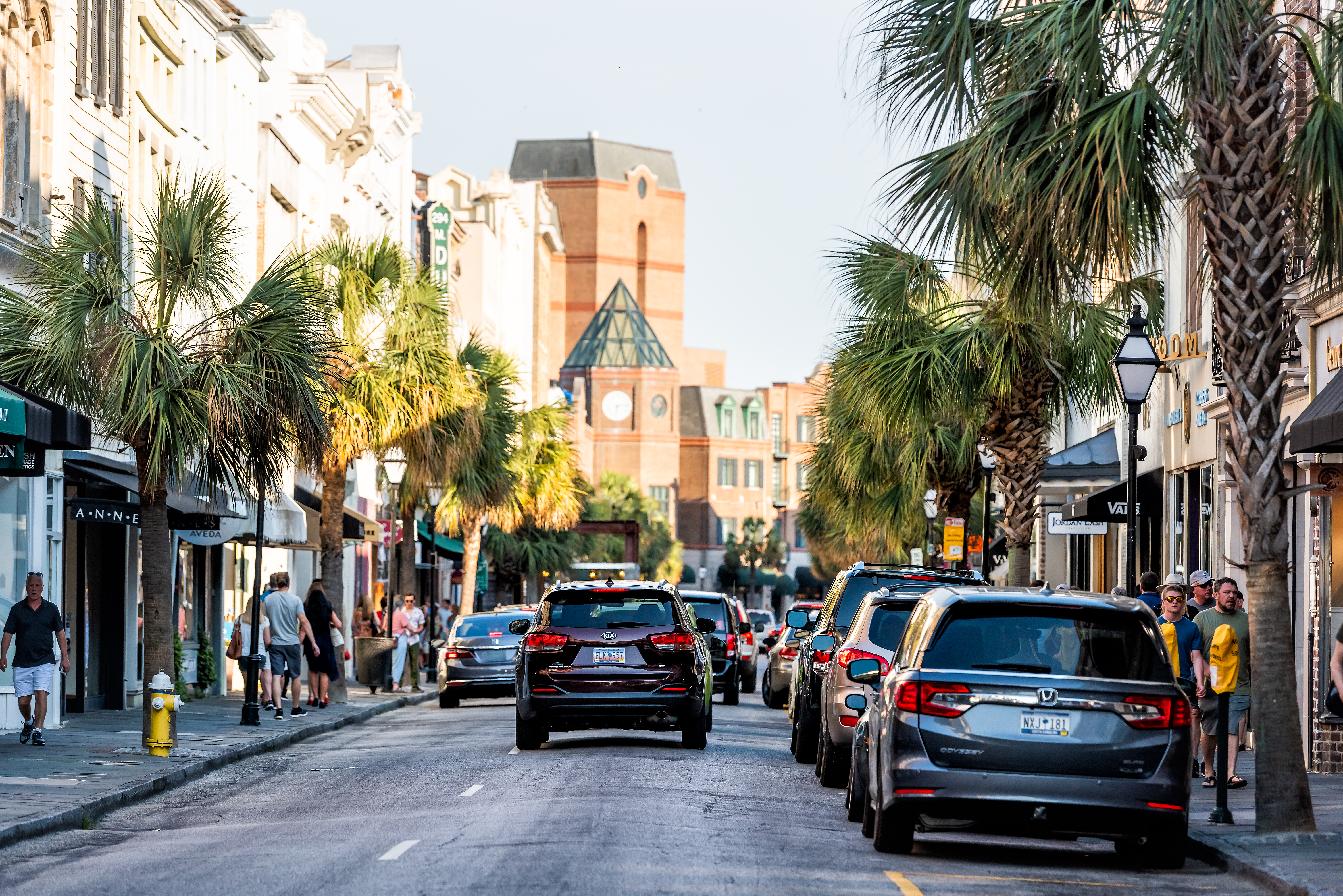
Charleston Police have confirmed recent DUI checkpoints in the following areas:
Local media and official city alerts show that Charleston PD has deployed checkpoints at these locations over the past year:
Police deploy checkpoints based on data-driven analysis—emphasizing trouble spots with high rates of DUI accidents or fatalities. After the fatal Morrison Drive hit-and-run in April 2024, city leadership intensified checkpoint enforcement especially around King Street and bridges into the peninsula Source: Live 5 News.
Large-scale events, holidays like New Year’s Eve, and heavier enforcement times (evenings on weekends) often see saturation patrols and checkpoints in multiple zones across Charleston and neighboring areas DUI Checkpoint News: Live 5 News.
According to ABC News 4, these checkpoints often occur on Thursday, Friday, or Saturday nights between 9:00 p.m. and midnight.
Most target areas near downtown bars, bridges, and high-traffic corridors connecting the peninsula to surrounding areas like James Island, West Ashley, and North Charleston.
Law enforcement says the increased presence is data-driven: police analyze areas with the most DUI-related accidents, injuries, and fatalities to determine where to deploy resources.
Checkpoint stops are legal in SC, but only if police strictly follow constitutional and statutory protocols:
Failure to meet these standards—including inadequate notice or arbitrary stops—can provide grounds to challenge a DUI arrest at a checkpoint.
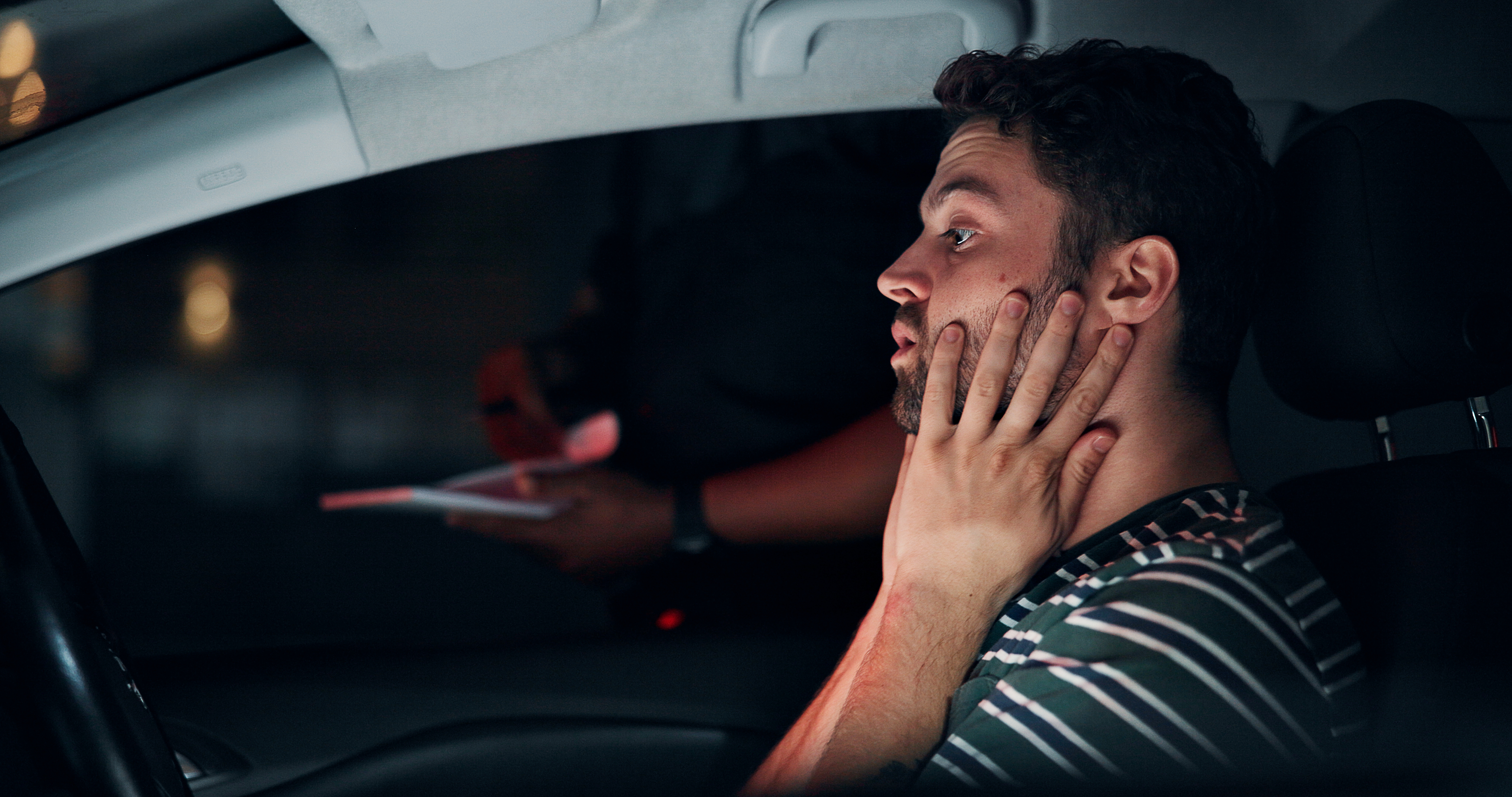
Historical data and official alerts indicate the following:
| Period/Event | Typical Locations | Time Range |
| Spring–May 2024 | East Bay & South; King & Huger | ~7 p.m.–10 p.m. |
| March 2025 | Folly Road & Albemarle; Calhoun & Pitt | 9 p.m.–Midnight |
| Late April 2025 | King & Huger; Calhoun & Halsey | 9 p.m.–Midnight |
| New Year’s Eve 2024 | Morrison/Jackson; Calhoun/Smith; others | 8 p.m.–Midnight |
Yes, but the law requires that police follow specific guidelines. If these aren’t met, any resulting DUI charges may be subject to dismissal.
If any of these factors are missing or improperly handled, your DUI charge could be vulnerable. Learn more about common defense strategies in our step-by-step DUI defense guide.
While these stops may be advertised as routine “safety checks,” police are specifically looking for:
You are not legally required to answer incriminating questions. You can—and often should—politely decline to answer beyond basic identification. If they ask, “Have you had anything to drink tonight?” you’re within your rights to say, “I’d prefer not to answer any questions.”
If you find yourself in a DUI checkpoint in Charleston, here’s what to do:
A first-time DUI charge in South Carolina can carry:
But not all DUI charges result in conviction. If the checkpoint was improperly set up or executed, the entire case can be challenged. Learn what to expect after a first-time DUI charge in SC, and how our criminal defense team can fight for your future.
Checkpoint-related arrests aren’t always limited to DUI. At Mastantuno Law Firm, we also defend Charleston clients against:
See more about our criminal defense services.
If the checkpoint results in an accident or injury, we can help victims pursue compensation through a personal injury claim. Insurance companies will often deny or undervalue these claims—especially when alcohol is involved. Here’s how to protect your rights.
Mastantuno Law Firm has successfully defended hundreds of DUI and criminal charges across Charleston, Mount Pleasant, Folly Beach, and the surrounding Lowcountry. We understand how DUI checkpoints work—and how to find the holes in the prosecution’s case.
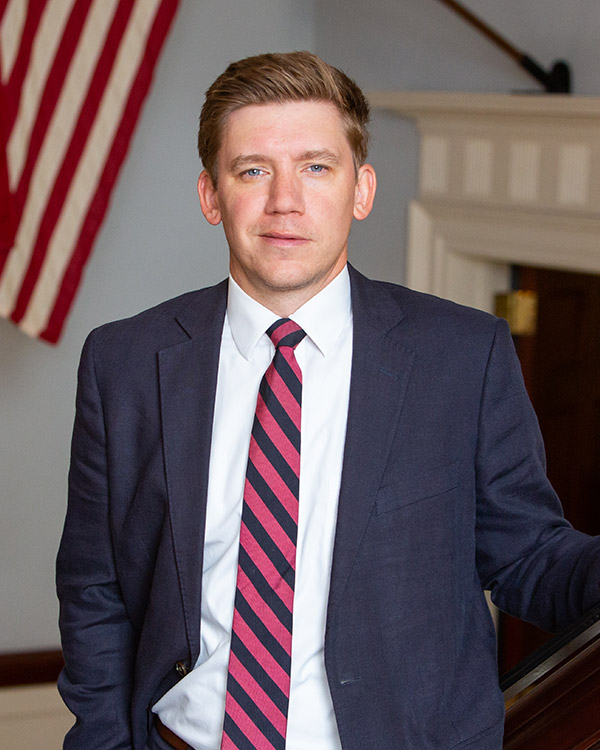
If you’ve been charged, don’t wait.
Visit us: https://mastantuno.com
Call now for a free consultation: (843) 720-3741
Or contact us through our online form.
When you’re injured due to someone else’s negligence—whether it’s a car wreck on I-26, a slip and fall in a Charleston grocery store, or medical negligence in a local hospital—your medical records become one of the most powerful tools in your personal injury case.
In South Carolina, medical documentation doesn’t just prove that you were hurt—it helps determine how much compensation you may be entitled to, how long your case will take, and whether there will be any delays in processing your personal injury claim.
This guide from an experienced South Carolina personal injury attorney covers the most common questions we get about how medical records impact settlements, and how they intersect with Medicaid, insurance, taxes, and more.
Yes—medical bills are one of the core components of a personal injury settlement. In South Carolina, your settlement may include:
But here’s the catch: your settlement must be backed up by proper medical documentation. If your records are incomplete, delayed, or inconsistent, your compensation could be significantly reduced—or delayed entirely.
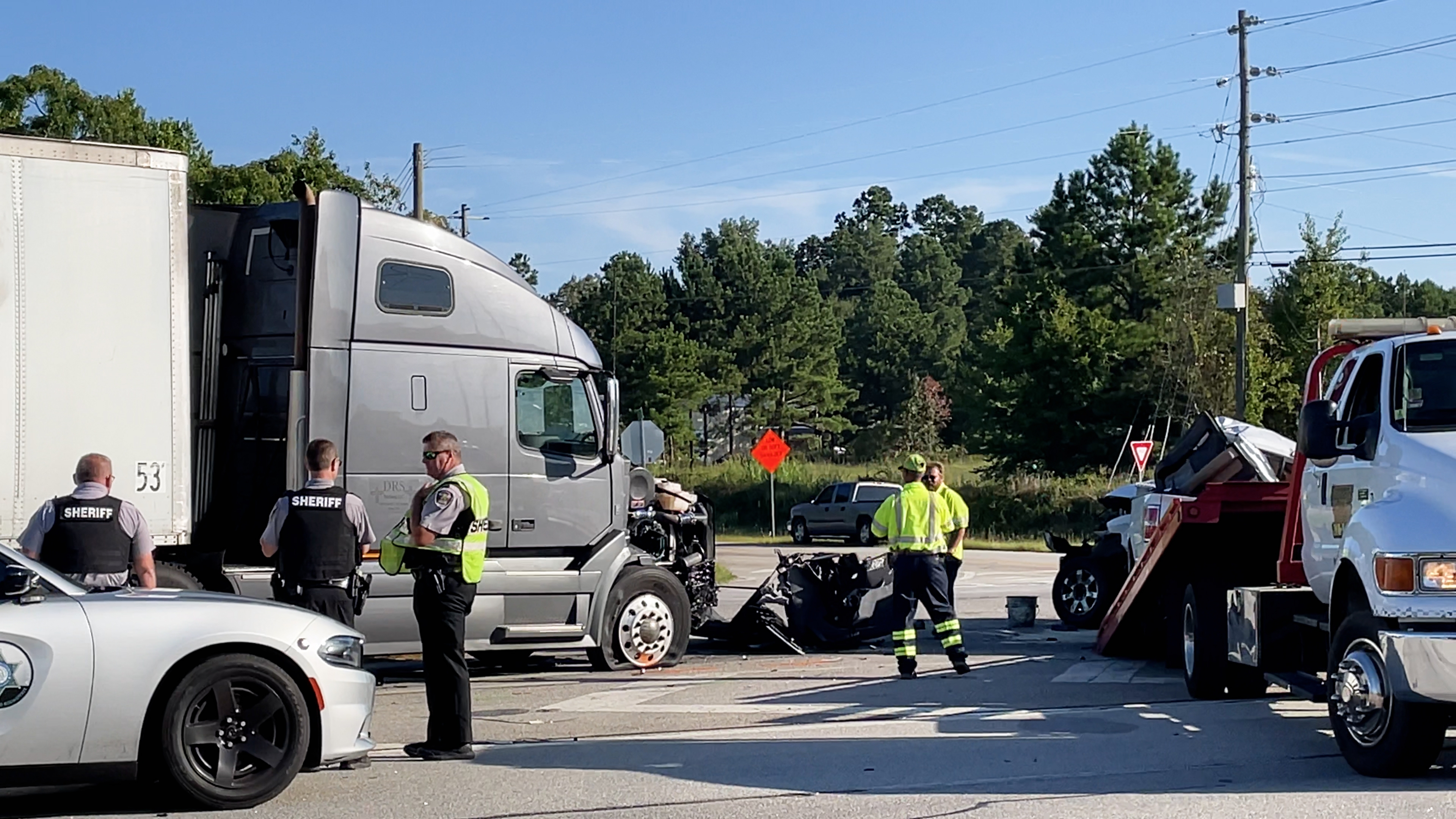
One of the most frustrating things for injured clients in SC is waiting on medical records to be compiled. Here’s how you can speed up the medical reporting process and keep your case moving:
This kind of detailed documentation is also useful in mediation, which is often used in SC to resolve personal injury disputes without going to trial. And yes—mediation is legally binding when a settlement is reached.

Yes, it can. If you receive a personal injury settlement in South Carolina and you’re on Medicaid, it could potentially affect your ongoing eligibility for benefits. That’s because Medicaid is a needs-based program, and a lump-sum payment may push your income or assets above the allowable threshold.
To avoid losing benefits, many personal injury attorneys in SC will help clients create a Medicaid trust or structure the settlement in a way that preserves eligibility.
Related keyword: personal injury settlement and Medicaid eligibility
Yes—but with a twist. Medical malpractice is a type of personal injury case that involves negligence by a healthcare professional. So if a doctor in Mount Pleasant misdiagnoses a serious condition, or a nurse in Columbia administers the wrong medication, that would fall under medical negligence—which is also considered a personal injury case under South Carolina law.
A personal injury medical malpractice attorney will handle these differently than a car accident or slip and fall, often requiring expert testimony and deeper analysis of medical records.
In South Carolina, drivers can choose to carry:
Your personal injury attorney will determine how these coverages impact your settlement and whether you need to reimburse your insurance company once the case resolves.

Typically, no—if your personal injury settlement is for physical injuries, it is not taxable under federal law. However, portions related to emotional distress or punitive damages might be taxed.
It’s always wise to consult with both your attorney and a tax professional after a settlement in South Carolina.
We get this one a lot—and the answer is: it depends.
Some personal injury cases settle in a few months, while others (especially complex or disputed ones) can take over a year. Factors that impact timing include:
In general, most SC personal injury cases settle within 6 to 12 months, but your attorney will give you a better estimate based on your specific case.
Related keywords:
Creating a medical chronology—a detailed, organized timeline of your treatment—can make a big difference in how fast and how fairly your case is resolved. It helps insurance adjusters and juries understand your injury journey and strengthens your position in negotiation or trial.
If you’ve been injured in South Carolina and have questions about your medical records, Medicaid, or how to maximize your personal injury settlement, contact Mastantuno Law Firm today. We’ve helped hundreds of South Carolinians protect their rights and secure the compensation they deserve.

If you’ve been charged with Driving Under the Influence (DUI) in South Carolina, the stakes are high. A DUI conviction can mean license suspension, fines, jail time, skyrocketing insurance, and a criminal record. But not all DUI charges lead to convictions—and there are real strategies that can help you beat a DUI in South Carolina.
This guide explains, step by step, what to do after an arrest, what legal defenses exist, and answers to the most common DUI questions in South Carolina—without fluff or scare tactics.
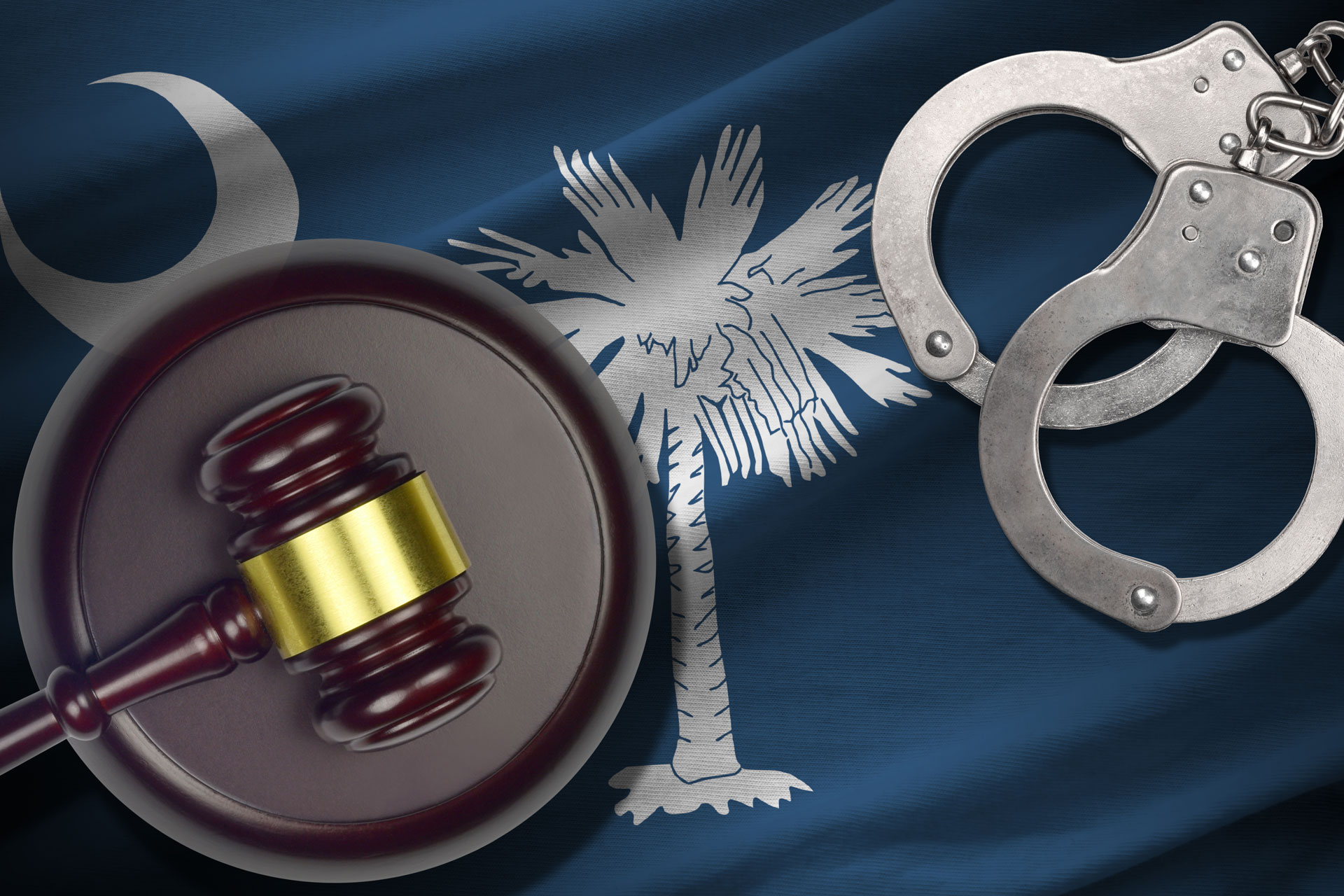
If your license was suspended (for refusing or failing a breath test), you have 30 days to request a DMV hearing. This is separate from your criminal case and gives you a chance to fight the suspension.
Don’t wait. A lawyer can review dashcam footage, breath test procedures, and officer conduct. DUI cases are highly technical, and small mistakes by law enforcement can lead to dismissal.
South Carolina law requires that DUI arrests be recorded on video. If the officer fails to follow the exact procedures, your case could be dismissed.
If police didn’t have probable cause to stop you, the evidence against you could be thrown out. This is often the first angle a DUI attorney investigates.
Both types of tests can be challenged based on how they were administered, medical conditions, or faulty equipment.
Some cases may be eligible for Pre-Trial Intervention (PTI), “dead docketing,” or dismissal. Others may need to go to trial—especially if evidence is weak or improperly gathered.
Yes. A first-offense DUI conviction results in a 6-month license suspension, longer if you refused the breath test. You may qualify for an ignition interlock license.
Yes, in 2024 South Carolina changed their laws and you must install an IID to regain driving privileges.

Yes. You can be charged with DUI on a horse, as South Carolina law applies to vehicles or conveyances, and horses have historically been included.
Yes. As of 2018, mopeds are considered motor vehicles under SC law, so you can get a DUI on a moped.
Technically, no. South Carolina does not classify bicycles as motor vehicles, so you can’t be charged with DUI on a bike—but you may face public intoxication or other charges.
Yes. Operating any watercraft under the influence can result in a BUI (Boating Under the Influence) charge, which carries similar penalties.
Yes. DUI cases get dismissed for reasons like:
No. A conviction for DUI in SC cannot be expunged from your record. That’s why beating the charge—or getting it reduced or dismissed—is so important.
Yes. Prosecutors can still use:
But lack of a breath test often weakens the case, which may improve your defense options.

Possibly. While a DUI conviction doesn’t automatically disqualify you, it may affect employment depending on the district and whether it’s a misdemeanor or felony. Reporting requirements vary.
Yes. “Dead docketing” removes a case from the active trial docket. It’s not a conviction or dismissal—but the case is effectively paused indefinitely. It may happen when evidence is weak or the prosecution chooses not to proceed.
A DUI could:
If you’re in college, talk to a lawyer ASAP—there may be additional school-specific consequences.
Yes. If your DUI involved a crash, expect:
Beating a DUI is never easy, but with the right strategy—and the right legal team—you may be able to dismiss, reduce, or minimize the damage. At Mastantuno Law Firm, we fight DUI charges across Charleston, Mount Pleasant, and throughout South Carolina.

Being arrested for Driving Under the Influence (DUI) in South Carolina is serious—and the consequences can affect your job, your driver’s license, and even your freedom. But a charge is not a conviction. There are legal defenses available, and with the right strategy, it’s possible to reduce or even dismiss a DUI charge.
At Mastantuno Law Firm, we defend clients across South Carolina who are facing DUI charges—and we know how to spot the weaknesses in the state’s case.
After a DUI arrest in SC, several things happen quickly:
You only have 30 days to request a hearing to challenge your license suspension, so time is critical.
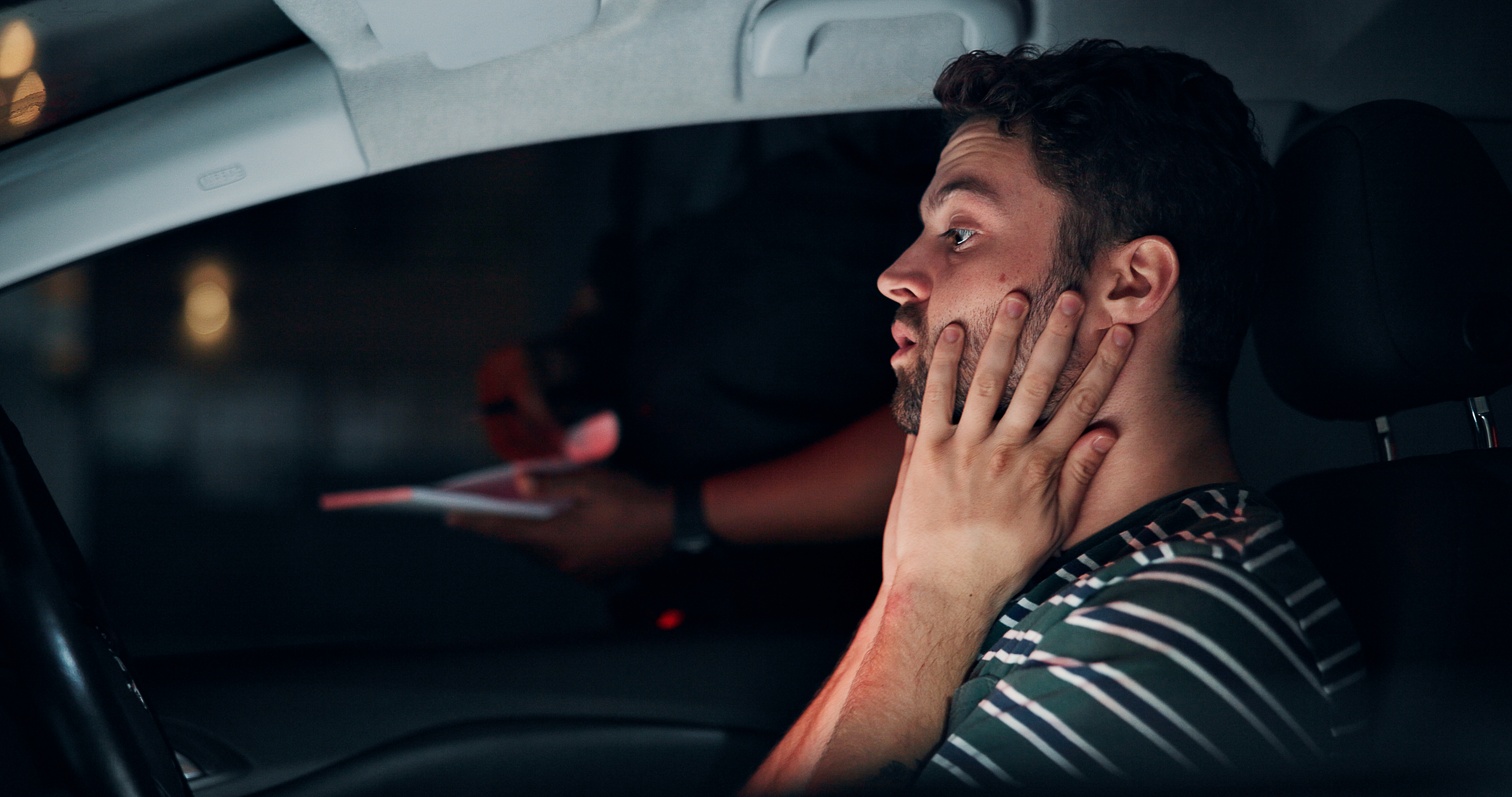
Here are some of the most common and effective defenses a South Carolina DUI attorney may use:
Police must have reasonable suspicion to pull you over. If the stop itself was unlawful, any evidence gathered—including a breath test—can be thrown out.
Officers must follow strict procedures when conducting field sobriety tests. If the tests were administered improperly or under poor conditions (like uneven ground or poor lighting), their results may be unreliable.
South Carolina law requires that the breathalyzer machine be properly calibrated and maintained. Your attorney can request maintenance logs to look for technical issues that could invalidate the results.
Certain medical conditions (like GERD or diabetes) and some prescription medications can lead to false positives on breath or blood tests. This is especially true for portable breath tests used roadside.
South Carolina law requires that DUI arrests be video recorded, starting from the traffic stop through field sobriety tests and breath testing at the station. If video is missing, obstructed, or improperly handled, your case could be dismissed.
Even if there’s a stop, an officer still needs probable cause to arrest you for DUI. If your behavior or test results don’t meet that standard, the arrest may be challenged.
Alcohol takes time to absorb into the bloodstream. If your BAC rose after you were stopped but before you were tested, your BAC at the time of driving may have been under the legal limit.

DUI penalties in SC depend on the number of prior offenses and your blood alcohol content (BAC):
A conviction stays on your record forever—there’s no expungement for DUI in South Carolina.
Trying to fight a DUI charge on your own is extremely risky. An experienced South Carolina DUI attorney can:
At Mastantuno Law, we understand the high stakes. Our legal team has successfully defended clients facing DUI charges across Charleston, Mount Pleasant, North Charleston, and surrounding areas.
If you’ve been arrested for DUI in South Carolina, contact Mastantuno Law Firm immediately. The sooner you act, the more options we’ll have to fight the charge and protect your license, your reputation, and your future.
Reach out today for a free, confidential consultation. We’re here to defend you—every step of the way.

Few things are more frustrating than getting injured due to someone else’s negligence—only to have your insurance claim denied. Unfortunately, this happens far too often in South Carolina. If you were hurt in a car accident, slip and fall, or another incident, a denied claim doesn’t mean your case is over. You still have options—and Mastantuno Law Firm is here to help you understand them.
Insurance companies are for-profit businesses, and they often look for reasons to minimize or reject claims. In South Carolina, common reasons for claim denial include:
Sometimes, the denial may even be in bad faith—which is when the insurer fails to uphold its duty to act reasonably and fairly under South Carolina law.
South Carolina insurers are required to provide a written explanation when they deny a claim. Look for:
This document is your starting point for crafting a response.
Start building a stronger case by collecting:
This documentation can help counter the reasons listed in the denial.

Do not navigate a denial on your own. South Carolina law is complex, and an experienced attorney can:
At Mastantuno Law, we’ve helped countless South Carolina residents turn denied claims into fair compensation.

If the denial was due to a misunderstanding or missing documents, your attorney can help you file an internal appeal. This may include:
If appeals are unsuccessful, the next step may be filing a personal injury lawsuit in a South Carolina court. A lawsuit might:
In South Carolina, personal injury claims typically have a three-year statute of limitations from the date of injury—so don’t wait.
Under South Carolina law, insurers must handle claims promptly and fairly. A denial might constitute bad faith if:
If your claim was denied in bad faith, you may be entitled to punitive damages in addition to the value of your original claim.
At Mastantuno Law Firm, we specialize in helping South Carolina clients stand up to insurance companies that refuse to do the right thing. We’ll investigate your case, negotiate aggressively, and fight for the full compensation you deserve.
If your claim was wrongfully denied or you simply need guidance, we are here to help.

Call us today or request a free consultation. Don’t let an insurance company’s denial be the final word.
Suffering an injury due to someone else’s negligence can be overwhelming. Between medical treatments, lost wages, and dealing with insurance companies, it’s easy to make mistakes that could hurt your personal injury claim. Unfortunately, these errors can lead to reduced compensation or even a denied claim.
At Mastantuno Law Firm, we help injury victims in Charleston, SC, avoid costly missteps and fight for maximum compensation. If you’ve been injured, here are some of the most common mistakes to avoid when pursuing a personal injury claim.
One of the biggest mistakes injury victims make is delaying medical treatment. Even if your injuries seem minor at first, it’s crucial to see a doctor as soon as possible.
Why It’s a Problem:
What to Do Instead:
Strong evidence is the foundation of a successful personal injury claim. If you don’t document the accident scene properly, you may struggle to prove liability and damages.
Why It’s a Problem:
What to Do Instead:
After an accident, the at-fault party’s insurance company may contact you for a recorded statement. While this may seem like a routine request, it’s often a tactic used to minimize your claim.
Why It’s a Problem:
What to Do Instead:
Insurance companies often offer quick settlements, hoping that injury victims will accept without understanding the full value of their claim.
Why It’s a Problem:
What to Do Instead:
Many people don’t realize that insurance companies monitor social media to look for evidence that can discredit injury claims.
Why It’s a Problem:
What to Do Instead:
If you fail to follow medical recommendations, the insurance company may argue that your injuries aren’t as severe as you claim.
Why It’s a Problem:
What to Do Instead:
Many personal injury victims believe they can negotiate a fair settlement on their own. However, insurance companies have teams of lawyers whose job is to minimize payouts.
Why It’s a Problem:
What to Do Instead:
Avoiding these common mistakes can make a huge difference in the outcome of your personal injury claim. At Mastantuno Law Firm, we have years of experience helping injury victims in Charleston, SC, recover the maximum compensation they deserve.
If you’ve been injured in an auto accident, slip and fall, or workplace injury, don’t risk your claim by making costly mistakes.
A DUI conviction in South Carolina can impact more than your record. It can affect your job, your family, and your freedom. From license suspension and ignition interlock devices to losing your job or professional license, the fallout can be long-lasting. Understanding how DUI convictions affect your life and working with an experienced Charleston DUI lawyer can help you protect your rights and future.
If you have been charged with Driving Under the Influence (DUI) in South Carolina, you need to understand the potential risks and take immediate action to protect your future.

Many employment contracts include morality clauses or require employees to disclose criminal charges or convictions. If your employer has strict policies regarding criminal records, a DUI conviction could result in immediate termination.
If your job requires driving, such as commercial trucking, delivery services, sales, or rideshare driving, a DUI can make it impossible to continue working in that role if your license is suspended. Even if you are not required to drive for work, employers may view a DUI as a sign of irresponsibility or poor decision-making.
A DUI conviction in South Carolina can lead to jail time, especially for repeat offenders or cases involving injury or death. Even a first-time DUI can result in several days behind bars, while a felony DUI can mean years in prison.
Beyond the immediate loss of freedom, incarceration disrupts family life, employment, and financial stability. If you are the primary provider, your absence can create financial hardship for your loved ones, strain relationships, and even impact child custody arrangements.

Many employers conduct background checks as part of the hiring process. A DUI conviction will show up on your criminal record, making it harder to secure a new job.
Even if a potential employer does not automatically disqualify applicants with a DUI, you may have to explain the conviction during interviews, which can be uncomfortable and potentially impact the hiring decision.
Some industries have zero-tolerance policies regarding criminal records, including:
A DUI conviction could disqualify you from working in these fields entirely or make it much harder to secure employment.
If you hold a professional license (such as a doctor, nurse, lawyer, or financial advisor), a DUI conviction can trigger disciplinary action from your licensing board.
Professions that may be affected by a DUI conviction include:
Many professional licensing boards require disclosure of a criminal conviction and may suspend or revoke your license, depending on the severity of the charge. SCDMV Requires special documentation for License Reinstatement.
A DUI conviction in South Carolina automatically results in a driver’s license suspension. Even a first-time DUI can lead to a six-month license suspension.
For individuals who rely on driving for work, such as truck drivers, delivery drivers, or sales professionals, losing a license can mean LOSING YOUR JOB.
Even if driving is not a direct part of your job, not being able to drive to and from work can make employment difficult. If you live in an area without reliable public transportation, your ability to keep your job may be at risk.
See the SC Code of Laws on DUI and DWI Detection and Standardized Field Sobriety Test (SFST) Resources.
A DUI conviction can drastically increase your car insurance premiums, sometimes doubling or tripling your rates. Some insurance companies may even cancel your coverage altogether.
If your job requires you to drive a company vehicle, your employer’s insurance provider may refuse to cover you, making it impossible to continue working in that position.
A DUI conviction can limit your ability to travel to certain countries.
Some countries refuse entry to individuals with a criminal record, while others require a special waiver or permit before allowing entry. Countries with strict DUI travel restrictions include:
If you travel internationally for work or personal reasons, a DUI conviction can make travel significantly more difficult and, in some cases, impossible.
If you are involved in a child custody dispute, a DUI conviction can be used against you in family court.
The court will consider:
A DUI conviction could negatively impact your custody arrangement, resulting in reduced visitation rights or even loss of custody in extreme cases.
A DUI conviction carries a significant social stigma. Even if you are a first-time offender, friends, colleagues, and family members may judge you harshly or view you differently.
This can impact your professional reputation, personal relationships, and community standing. Employers, clients, and business partners may hesitate to associate with someone who has a criminal record.
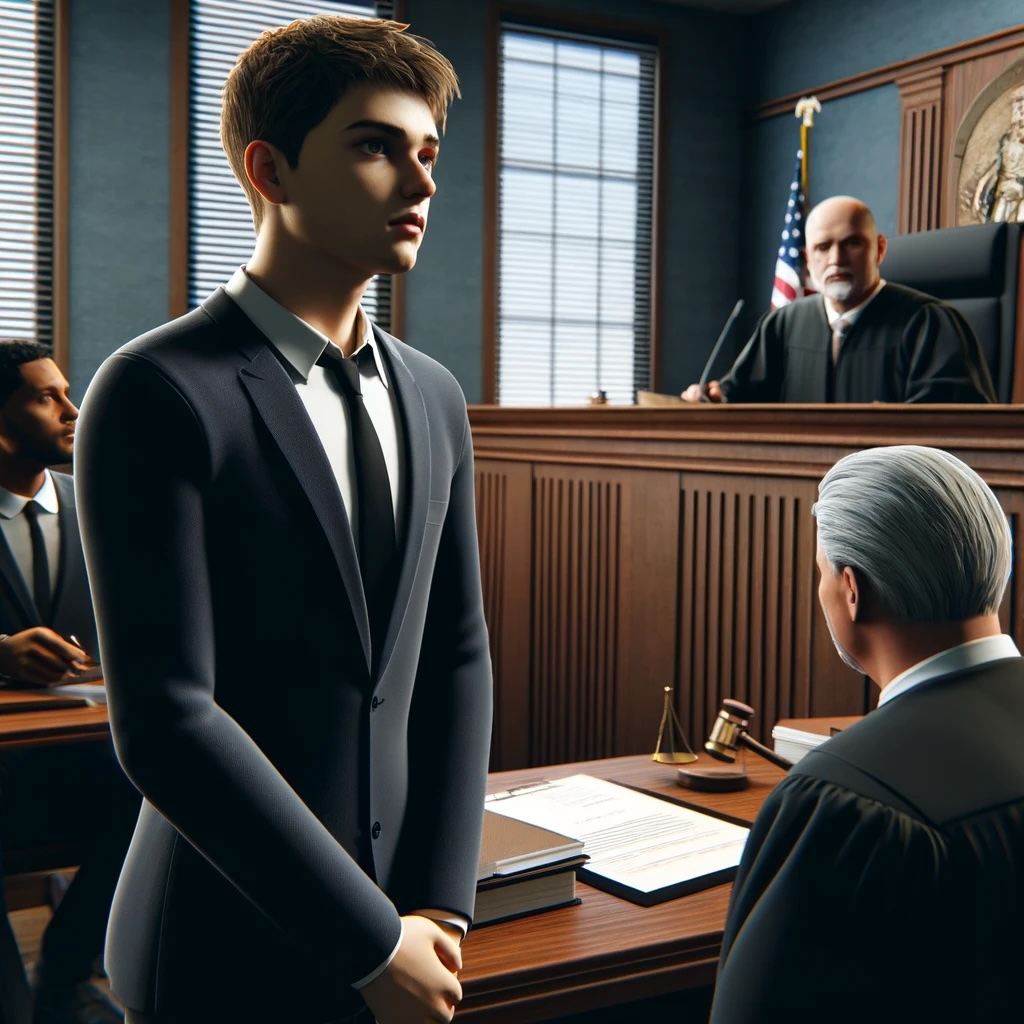
The consequences of a DUI conviction can be long-lasting and life-altering. However, a DUI charge does not have to define your future.
If you are facing a DUI charge in South Carolina, the time to act is now. The sooner you have an experienced DUI defense attorney on your side, the better your chances of avoiding the severe consequences of a conviction.
Call Allen J. Mastantuno at Mastantuno Law Firm today at (843) 720-3741 for a consultation. Let us fight for your rights and protect your future.
Did you receive a DUI in any of the following locations?
Suffering an injury due to someone else’s negligence can be so physically, emotionally, and financially taxing. We are here to help you maximize your compensation after an injury.
If you’ve been involved in a car accident, slip and fall, workplace injury, or any other personal injury case, securing the maximum compensation you are entitled to is essential to cover medical expenses, lost wages, pain and suffering, and other damages.
This is the first and most critical step after an injury. Even if you don’t think your injuries are severe, getting examined by a medical professional is essential for two reasons:
Some injuries, such as concussions or internal injuries, may not be immediately apparent but can worsen over time.
Medical records provide essential evidence for your claim. Delaying medical treatment can be used by the insurance company to argue that your injuries are not serious.

Pro Tip: Follow your doctor’s recommendations closely. If you skip appointments or discontinue treatment prematurely, the insurance company may question the severity of your injuries and reduce your compensation.
Strong evidence is the foundation of any successful personal injury claim. From the moment the accident happens, you should:
One of the biggest mistakes personal injury victims make is failing to account for all medical providers involved in their care. This can delay your settlement and reduce your compensation.
By having a complete list, you avoid missing any medical expenses, ensuring that your full treatment costs are factored into your settlement.

Insurance companies often rush to offer a low settlement in hopes that you’ll accept before realizing the full extent of your injuries.
Why?
🔹 You may not yet know the full cost of your medical treatments.
🔹 Some injuries worsen over time, leading to unexpected medical expenses.
🔹 You deserve compensation for lost wages, pain and suffering, and future medical care.
Your attorney will negotiate aggressively to secure a settlement that reflects the full scope of your damages.
Your compensation isn’t limited to just medical bills and property damage. You are entitled to economic and non-economic damages, including:
An experienced personal injury attorney will ensure that all these factors are considered when negotiating your settlement.
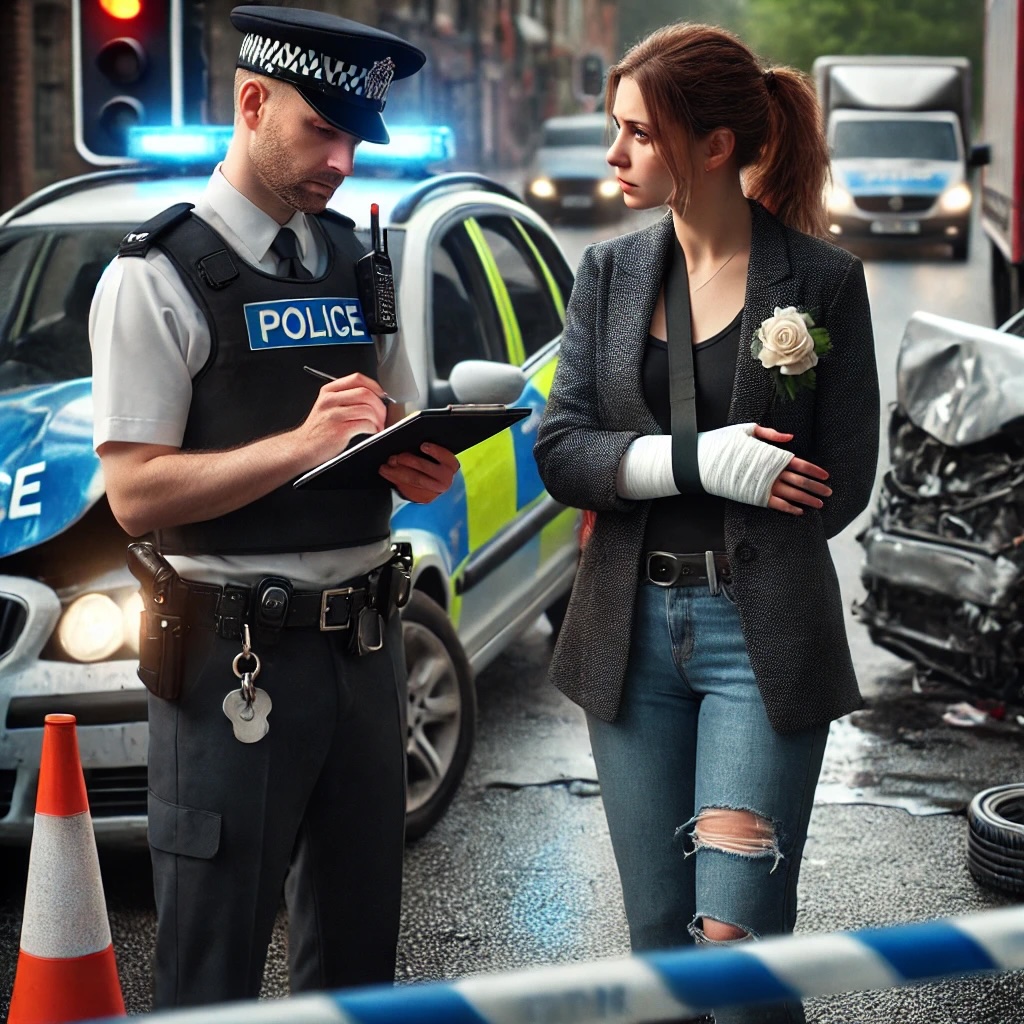
If you are trying to maximize your compensation after an injury, Insurance adjusters are not on your side—they are trained to minimize payouts. Avoid giving recorded statements or discussing your injuries in detail until you have spoken to an attorney.
Your attorney should handle all communications with the insurance company to protect your case.
Your settlement should account for future medical expenses, ongoing treatment, and potential complications. Before accepting any offer, ask yourself:
❓ Will I need physical therapy or additional surgeries?
❓ Will my injury cause long-term pain or disability?
❓ Will I need assistive devices (e.g., wheelchair, braces)?
❓ How will my injury affect my ability to work and earn income in the future?
Your attorney will work with medical experts and financial professionals to calculate the long-term costs of your injury.
Hiring an experienced personal injury attorney dramatically increases your chances of securing maximum compensation. Your lawyer will:
At Mastantuno Law Firm, we have a proven track record of winning personal injury cases. We know the tactics insurance companies use and we fight relentlessly to ensure our clients receive the compensation they deserve.
If you’ve been injured in an accident, don’t leave your settlement to chance. Get the compensation you deserve.
Call us now at (843) 720-3741 for a consultation.
Visit our website to learn more about how we can help.